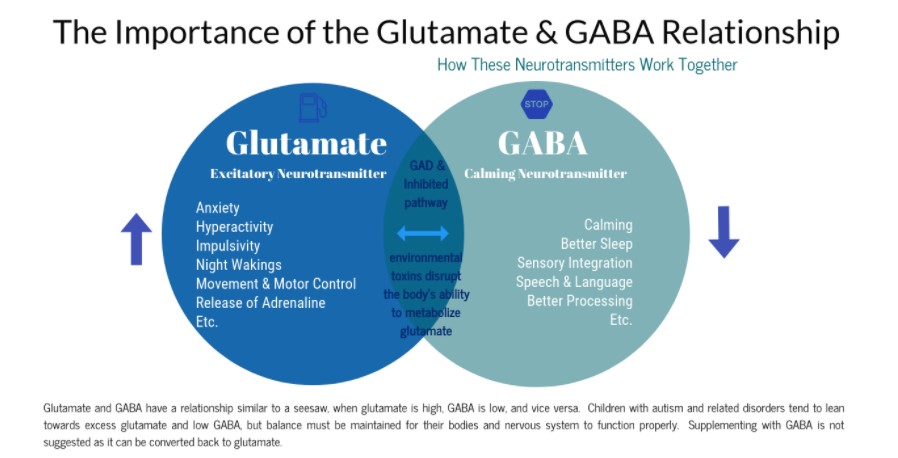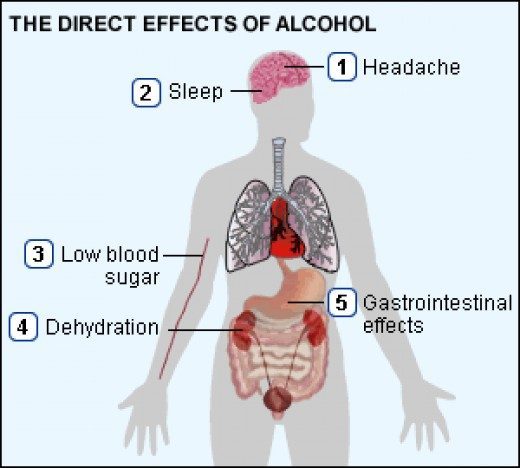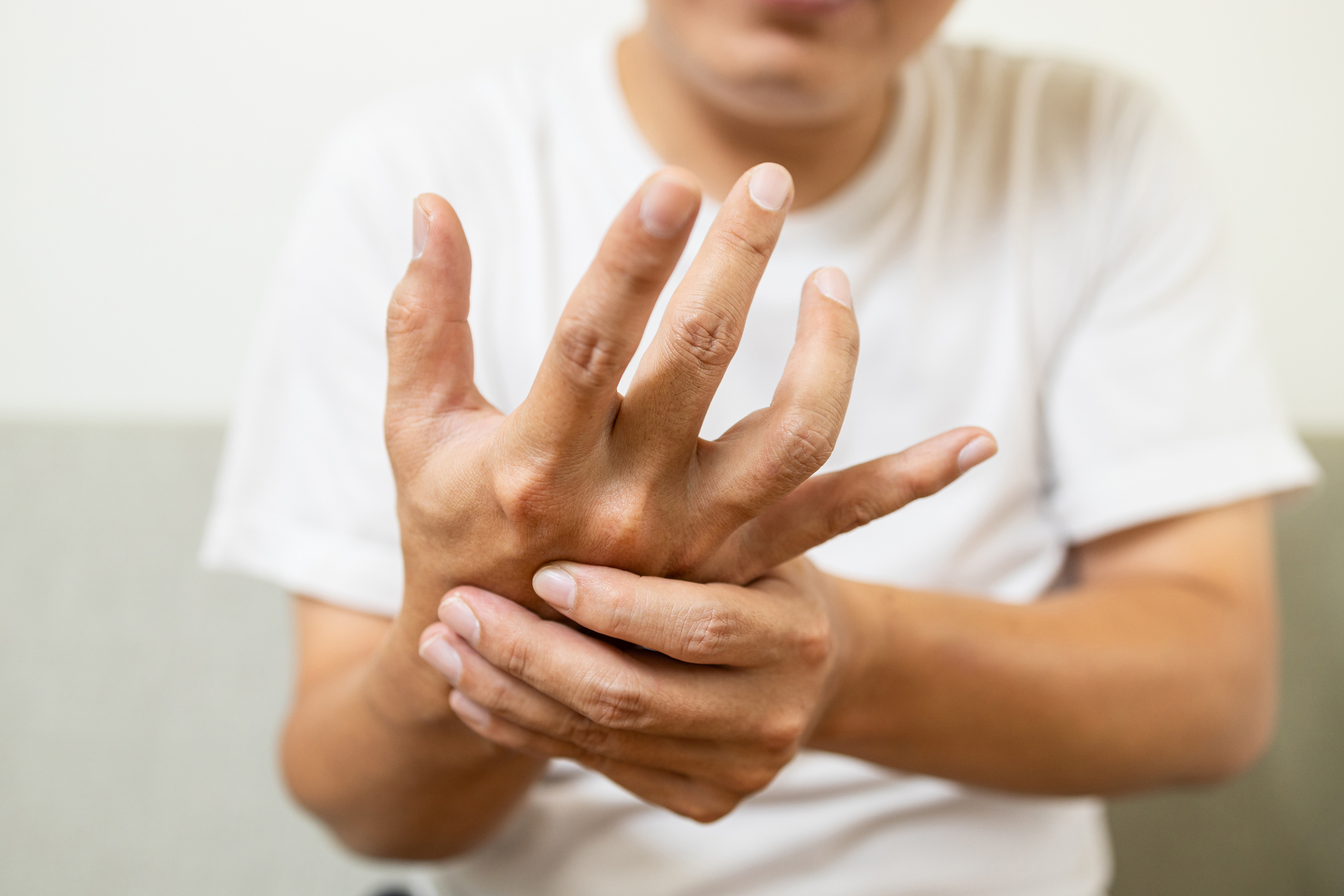Hangover Shakes
Shaking after drinking
Waking up with a hangover is bad enough, but why do you shake after drinking? Don’t panic too soon.
Hangover shakes, tremors, headaches, nausea, vomiting, night sweats, thirst, dizziness, dry mouth and stomach pains are common hangover symptoms.
Not all people who shake after drinking are experiencing alcohol withdrawal. The worry is that shaking after drinking alcohol can be a sign of delirium tremens and alcoholism.
The fact is your body responds to the strain of over-drinking like it does an illness.
What’s not as common is someone having hangover symptoms beyond the usual flu-like ones. Some symptoms can be neurological and involve involuntary movements or spasms in the body. In other words, you likely have hangover shakes.
Why Do I Get The Shakes After Drinking Alcohol?
Alcohol is toxic to our body, so your system has to adjust to dealing with having and getting rid of alcohol. Typically, we have two chemicals sending signals to our brain and body GABA and Glutamate. GABA keeps us calm, and Glutamate causes excitement. In balance, they keep us mentally and physically on an even keel.
When you drink alcohol, your body reduces GABA. This happens because alcohol replaces the GABA temporarily as a calming chemical. Once the alcohol wears off lacks relaxing GABA but still, with lots of Glutamate, we get mentally and physically excited. This can cause spasms or shakes.
The first question is how can you get rid of the shakes after drinking if GABA and Glutamate cause it? The shaking should stop completely once your body corrects the levels naturally. If you have this problem after only a few days of drinking, stopping drinking should be enough.
Supplements can help support your body’s natural recovery and reduce some of your symptoms as you stop drinking.

For people who have been overusing alcohol for a long time, some help may be needed. GABA supplements or Glutathione IV or injections can help restore GABA levels in your body and stop hangover shakes.
Other Causes Of Hangover Shakes
One of the symptoms of alcohol tremors happens after binge drinking or drinking for an extended time. It’s struggling to adapt to the changing alcohol levels in the system. There are a few different possible causes, although they all often look the same to the observer. They should all be taken as a warning sign that there is too much alcohol in the body.
The causes of body jitters are as diverse as the symptoms. Alcohol is metabolised into acetaldehyde, a toxic substance at high levels. But concentrations seldom get that great, so that’s not the whole explanation.
The severity of the hangover symptoms is almost always based on a few different factors. The main ones are how much the person has been drinking and how long they have been drinking. The more you drink or the longer you drink, the worse the effects. Other factors like overall health, sleep deprivation, smoking, genetics, weight, gender, and age will play a role in severity.
Withdrawal symptoms could be caused by muscle twitching after drinking if you are over-dependent on alcohol. This is due to the sympathetic nervous system becoming overactive without alcohol to depress it. Body twitching during the day or in your sleep can also be due to stress, anxiety, dehydration, a reaction to stimulants or nutritional deficiencies.
Common Symptoms
- Shakes
- Tremors
- Headaches
- Nausea
- Vomiting
- Night sweats
- Thirst
- Twitching
- Dizziness
- Dry mouth
- Stomach pains
- Jittery after drinking
- Can’t keep anything down, e.g. food or liquids
How Long to get over Hangover Shakes?
Symptom length will also vary based on those same factors. Hangover symptoms will typically resolve after about 24 hours. However, more intense withdrawal symptoms can last longer. Over the next 2 days, on average, a person can expect to be through the most severe withdrawal symptoms. This will vary from person to person and depend on how much alcohol they have consumed.
Why Am I Shaking With a Hangover?
As the alcohol leaves the system, tremors and shaking can happen due to the effect that alcohol has on the brain. It is a depressant and will slow or delay responses in the nervous system. It also affects the area of the brain that controls movement and coordination.
While sobering up may help some get their balance back, for others, as they go through withdrawal or have a hangover, the brain is still trying to get back to normal. It’s firing signals incorrectly to the body, and tremors may be one of the consequences of this.
Alcohol consumption can make blood vessels dilate, which can produce headaches. Alcohol can cause you to have an unsettled or broken sleep, exacerbating hangover symptoms and adding to tiredness, brain fog, and feeling low. Feeling weak after drinking alcohol is also a common side effect. When alcohol is metabolised, your pancreas has to work extra hard to make more insulin. This can make your blood pressure drop, causing exhaustion and weakness after drinking alcohol.
One of the principal reasons for hangover symptoms is dehydration. Alcohol is also a diuretic. The diuretic effect of alcoholic beverages works on the kidneys to make you urinate out more than you take in.

High Blood Pressure and Hangover Shakes
One of the significant risk factors for binge drinking and heart disease is high blood pressure. Drinking too much raises a person’s blood pressure. When you drink too much, it can also increase weight, an added risk factor for heart problems.
When you drink heavily, it may weaken your heart muscle, damaging the heart’s effectiveness to pump blood everywhere in the body.
How Does Alcohol Affect the Brain and the Nervous System?
Another possible cause of alcohol shakes is neurology and the effect of alcohol on it. As the effects of alcohol wear off, the nervous system becomes more active, and a lot of information and stimulation is suddenly going through it. The shakes may result from the body trying to cope with being flooded with neurological activity. It may not have gotten back to a stable state yet, and shaking after drinking will result from that effect. Drowsiness and impaired cognitive functioning are the two dominant features of alcohol hangovers.
Hangover Anxiety and Hangover Shakes
Anxiety after drinking is also another possible cause of tremors. Hangovers or withdrawal are a shock to the system, especially for people who have been drinking for a long time. This can cause the body to release stress hormones and have an elastic effect on people with anxiety disorders. They may drink to calm themselves down, but when they sober up, at first anyway, they will experience very intense anxiety. This, like other symptoms of a hangover, are temporary and will pass, but it will be unpleasant for a time.
Although a hangover may be horrible, the memory of the embarrassment related to the night of excessive drinking can be even worse. A recent study may even imply that the ability to clearly remember a hangover, even months after you’ve made a complete recovery, is not always linked to how much you have drunk but sometimes to who you are related to. According to the research, people with a family history of alcoholism can be more able to remember a hangover vividly than people with sober relatives.
What Are Delirium Tremors?
One of the more severe tremors is seen in people with severe or long-standing alcohol addictions. It’s often called the DTs or delirium tremens. These are tremors in people withdrawing from alcohol after drinking for an extended period. This is not seen in people with hangovers and is a warning sign of the severity of the addiction and the body’s state.
Alcohol-related brain damage is a brain disorder caused by drinking too much alcohol over several years. The most common form of ARBD is Korsakoff’s syndrome.
When people experience these tremors when they stop drinking, they usually need help to quit. They may even need medical detox to wean themselves off alcohol to do it safely and have their condition monitored closely.
Alcohol Shakes and Blood Sugar Levels
Alcohol stops the body’s ability to maintain tight control of blood sugar levels. This is a low blood sugar concentration, which is the leading cause of tiredness, weariness, and even tremors experienced during a hangover. These hangover symptoms are persistent after a night of drinking.
There are several reasons why shaking after drinking occurs, and thankfully there are some remedies for shaking. Hypoglycemia indicates a deficient level of sugar or glucose in the blood. As sugar is the primary source of energy in the body, an alarmingly low level would make the following conditions emerge:
- hunger
- heart palpitations
- shakiness
- fatigue
- perhaps seizures
Hypoglycemia develops when the liver can not release glucose into the bloodstream because it must instead process alcohol. If this is untreated, the imbalance in the blood sugar levels can become a severe health issue, possibly leading to uncontrollable tremors.
It can be challenging to raise your blood glucose levels because the person may struggle to keep food or liquids down without vomiting or feeling nauseated.
Acute gastritis can occur following a drinking bout, especially for those who binge drink. Acute gastritis is an inflammation or irritation of the stomach lining. Irritants like alcohol, drugs, spicy good, injury or bacteria can cause this condition causing the person to feel nauseous and unable to tolerate food. Hangover nausea lasts around 1-3 days.
Alcohol Poisoning
Excessive alcohol misuse can produce more than the usual discomfort the next day. Excessive alcohol consumption can cause alcohol poisoning, which can be life-threatening.
You probably already know how horrible it can feel the morning after a night out. You wake up with a horrible headache and feel nauseous and shaky.
You might even run to the toilet to throw up a few times if it’s bad enough, and you most likely spend the rest of the day trying to recover and feel decent again.
Alcohol poisoning occurs when you drink so much alcohol that your liver has major issues keeping up. It’s an overdose of alcohol, just like an overdose of any other illicit drug. This mostly happens when you consume a large quantity of alcohol in a relatively short period.
Scientifically speaking, this is when you’ve drunk an amount of alcohol that puts your blood alcohol level at a poisonous level. This can happen to anyone of any gender, age, or size.
How to Get Rid of Shakes After Drinking
Shaking, whatever the cause, is unpleasant, and you will want to know how to get rid of shakes after drinking.
- Stop drinking – some people claim another drink will stop the shakes, but this is a short-term fix that causes even more damage in the long run.
If you or someone you love are experiencing hangover shakes, it may be a sign that you need help to stop drinking, which will stop you from shaking. If these do not go away over time, or if you get them after you try to stop drinking or have been drinking for a while, seek immediate medical advice.
- Rehydrate – Take in plenty of fluid and consider rehydration salts for recovery—also sports drinks or those with electrolytes. Raising your blood sugar helps, too, so make sure to eat. Dehydration causes the symptoms that lead to hangover shakes to worse.
- Rest – Your body can recover from hangover shakes better if you give it a helping hand by resting well and staying comfortable.
- Painkillers – Paracetamol or ibuprofen can help but only if you have stopped drinking.
- Relaxing activities – To manage anxiety and increase serotonin levels doing some light exercise or an activity you enjoy can help with recovery.
- Stay warm – Chills from drinking may occur for a few reasons. Alcohol intoxication can cause hypothermia, making you feel warm on the inside. Still, it can cause you to feel fever-like chills resulting in shivering because the actual temperature of your body becomes cooler.
- Don’t drive – Shakes impair your ability to drive as you aren’t in physical control. Also, your blood alcohol levels are likely still too high to drive safely. The same goes for work if you operate any machinery or work with anything risky.
The single way to prevent hangovers is to avoid alcohol altogether or drink in moderation, providing the body with lots of time to process the alcohol before consuming more.
Treatment For Alcohol Abuse
If you are looking for answers on stopping alcohol shakes, we must look at what is causing it. Alcohol shakes are alcohol withdrawal symptoms on a smaller scale. Some people who go through hangover symptoms will experience shakes or tremors, and while scary, they are not always medically dangerous. Excessive drinking for long periods and stopping can cause severe tremors and cause serious concern.
Either way, your body tells you that it was pushed past what it could do and needed to stop. Consider shakes and tremors your body’s way of warning you that you may be suffering from alcohol abuse and alcohol dependence, and it’s time to cut back or quit. If you are struggling to give up alcohol on your own, seek medical care at an addiction treatment centre. There are many treatment options available today for alcoholism.
Some advice for frequent drinkers is not to drink more than 14 units a week consistently. You can overcome this before it gets to dangerous levels. If you wish to cut down, try to have some alcohol-free days each week.
Our free Self Assessment can help you track the amount you’re drinking in units.
You can read more tips for cutting down on our site.
Contact Rehab Guide today on 02072052845 for free help.
Sources
https://www.ncbi.nlm.nih.gov/pmc/articles/PMC6826830/ Alcohol and Glutamate
https://pubs.niaaa.nih.gov/publications/arh22-1/13-24.pdf Neurochemical Mechanisms Underlying Alcohol Withdrawal






